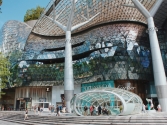
Bidding behavior in the Indian solar sector is not sustainable: analyst
Inadequate risk pricing threatens the sector.
From July 2015 to December 2016, India allocated 12.6 GW of solar projects to private developers through an open, competitive tender process, according to Bridge to India.
These tenders have seen tariffs trending downward from about INR 5.50 – 6.00 (US¢ 8.4 – 9.2)/ kWh in mid-2015 to INR 3.29 (US ¢ 5.0)/kWh in 2017, equivalent to an annualized decline of over 25%.
Common perception is that auctions and increased competition are forcing developers to bid aggressively resulting in tariffs coming down so fast. But our analysis shows that changes in equipment costs and other factors are responsible for most of the decline. Adjusted for these changes, tariffs haven’t trended down in the last 18 months.
Here's more from Bridge to India:
Average harmonized tariff across 24 tenders gives us equity IRR of 14.20%, significantly below the benchmark expectation of 18-20%. Auction based tender process has forced developers to build forward-looking, favorable assumptions for solar module prices, debt refinancing and many other parameters.
Inadequate risk pricing poses a severe viability challenge for the sector. To compare tariffs across different tenders on a like-for-like basis, we have harmonized bid results across all tenders by removing impact of key variables such as capital expenditure, cost of debt, irradiation, land and transmission infrastructure costs.
As an example, in July 2015, weighted average successful tariff for the Madhya Pradesh 300 MW state tender was INR 5.35 (US ¢ 8.2)/kWh. But if that bidding were to happen in September 2016 in another state of Andhra Pradesh, the same tender would yield a weighted average tariff of INR 4.29/kWh because of changes in capital expenditure, cost of debt, irradiation and land and transmission infrastructure costs.
Several interesting conclusions can be drawn by comparing bid results across different off-takers, states and over time. Harmonized tariffs have stayed reasonably stable around the average level. Projects tendered by NTPC and located inside the solar park were highly oversubscribed and subsequently had the lowest tariffs. For other tenders, we see no material relationship between offtake risk and bid results except in some extreme cases – Gujarat (credit rating of A+ by ICRA; tariff discount of INR 0.32/ kWh) or Uttar Pradesh (credit rating of C by CARE; tariff premium INR 2.68/ kWh).
But the most relevant insight, in our view, is that the average harmonized tariff from our study gives an equity IRR of only 14.20%, significantly below the benchmark expectation of 18-20% and that too without any material risk contingencies. Auction based tender process has forced developers to be very aggressive. The industry is trying to bridge the returns gap by improving technical execution and finding innovative, cost effective means of financing. But it is also becoming increasingly common place to build forward-looking, favorable assumptions for solar module prices, debt refinancing and many other parameters.
The developers have benefited hugely from rapid falls in solar module prices and softening in interest rates. Our pricing outlook for 2017 shows this trend is likely to continue through the year. Nonetheless, steep module price declines pose critical threat to the financial health of module suppliers and a risk for winning project bidders. In general, risk pricing, particularly for capital cost, interest rate, offtake and transmission risks, appears inadequate.





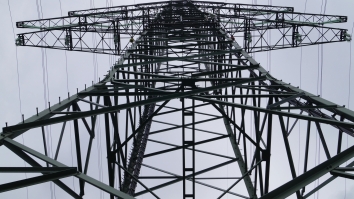












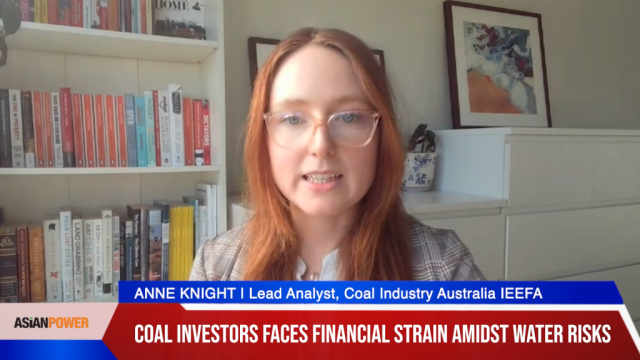
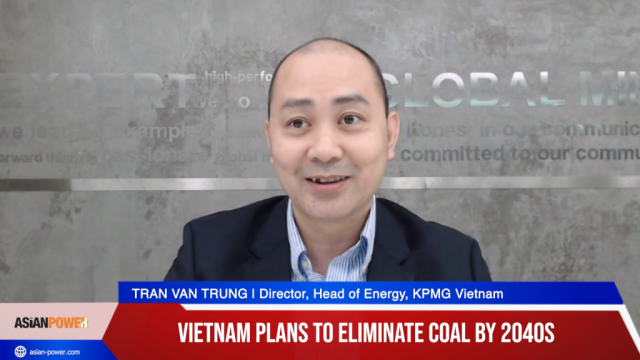
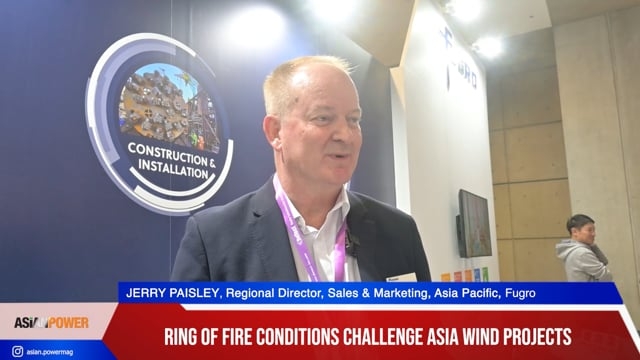
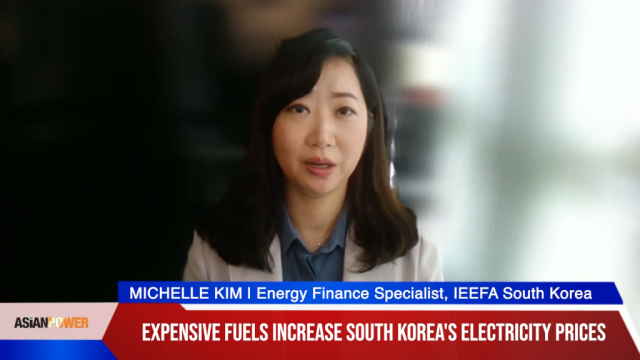

 Advertise
Advertise
